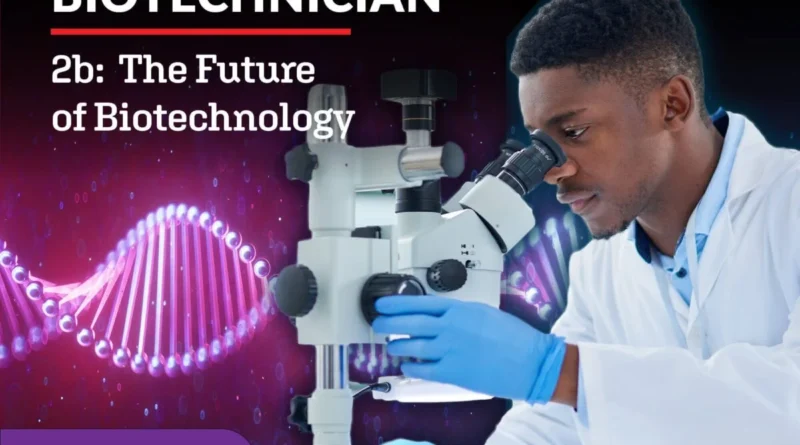future of biotechnology 2024
Introduction
Biotechnology is a relevant and one of the most progressive branches of sciences and technologies that produces a direct impact on the spheres of healthcare, agriculture, environment conservation, and industrial growth. Thus, it emerged that the future of biotechnology can be described with references to the changes that may occur and reshape many aspects of our world. The deeper one goes into this practice area, the more one learns that technology can be utilized to enhance human well-being, get more food, and find ways of addressing many challenges facing humanity. We have seen the future of biotechnology not only as the advancement of science and technologies in society but rather as a new phase for the next generation of human beings.
Transforming Medicine through Personalized Medicine
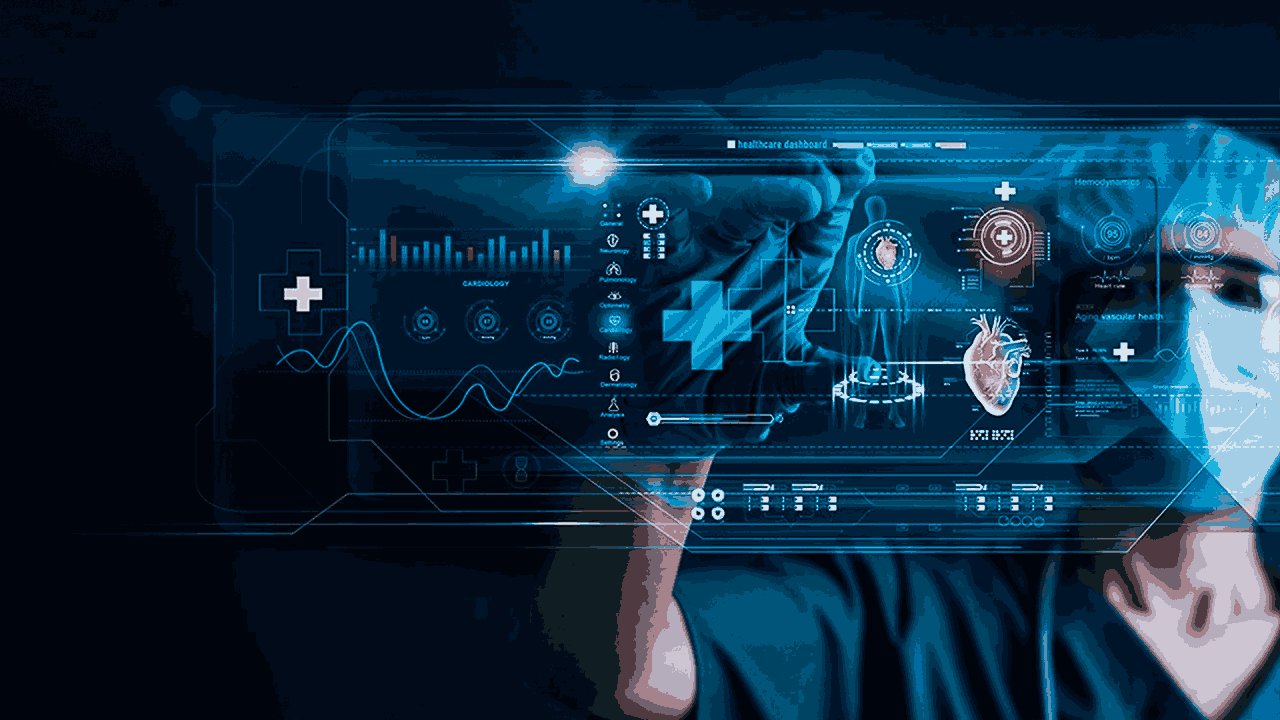
It is therefore befitting to argue that one of the most promising fields that depicts the future of biotechnology is in the area of precision medicine. This is an approach that supports human treatment in that medical treatment is done in synthesis with each person’s genetic makeup and environment, among others. Advanced gene editing and bioinformatics make the idea of designing a treatment based on the individual’s genetics a reality. The development of the biotechnology of precision medicine offers the future potential to eradicate genetic disorders, reduce incidences of adverse reactions to medications, and improve therapeutic outcomes. While diagnosing, PM differs from a quite general mining-the-average-patient approach and suggests a more unique approach to the pathophysiological processes in the client’s body, where the interventions made meet the genome of the client.
Agricultural Biotechnology for Global Food Security
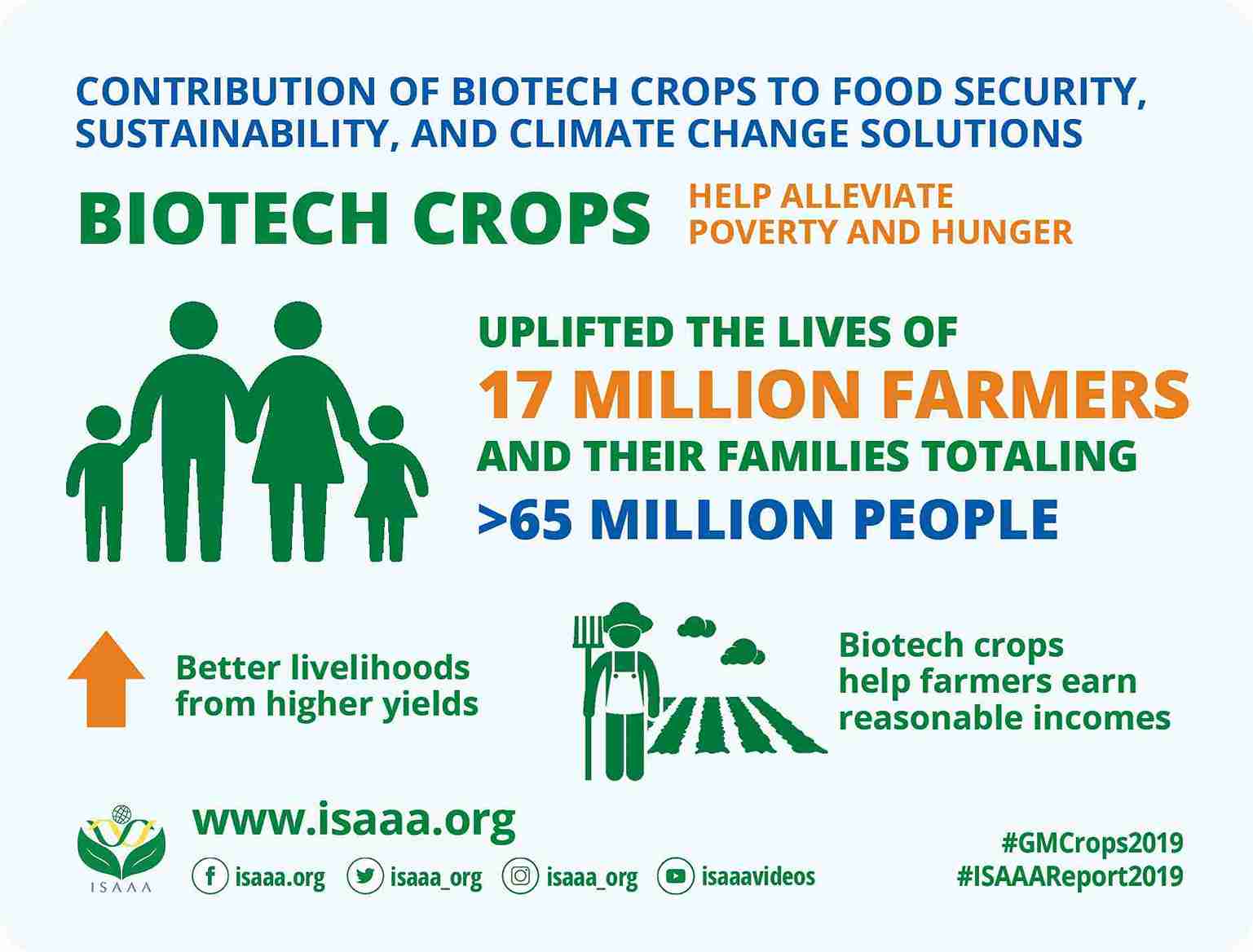
Another essential focal point that the future of biotechnology will produce significant effects on is agriculture. The world population is growing daily, and this implies that the demand for food is bound to grow, and this makes agricultural practices more efficient and sustainable. In meeting this demand, agricultural biotechnology, which encompasses GMOs, is expected to have growth potential. The future of biotechnology in agriculture will entail further increases in crop yields as well as pest and disease resistance and decreased environmental impact of farming. Technologies like CRISPR gene editing help scientists produce crops that can survive in unfavorable environments like water-scarce environments or soils that lack fertility. Thirdly, biotechnological developments are resulting in enhanced development of healthier and more sustaining forms of food products that could assist in the eradication of malnutrition and/or reduction of food waste. Indeed, as biotechnology advances further, it will play a very central role in providing food security in the future world.
Environmental Biotechnology for Sustainable Development
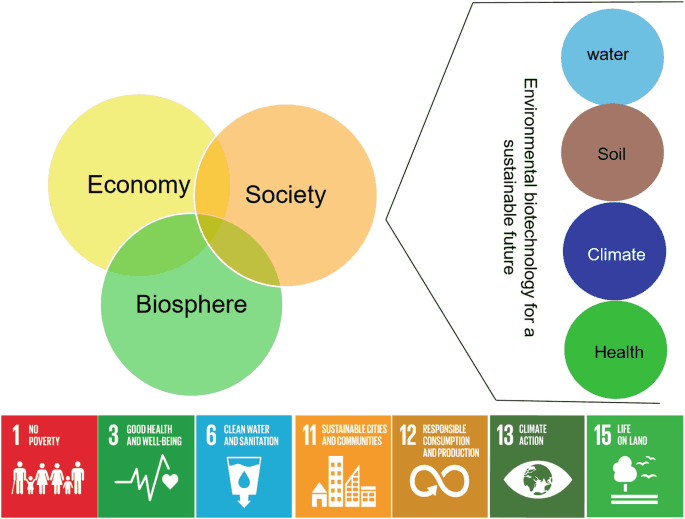
It is also environmental sustainability that appears as a part of the future of biotechnology. At the present time that the world is experiencing problems with climate change, pollution, and scarcity of natural resources, biotechnology presents a socially responsible and technological response towards sustainable development. Environmental biotechnology deals with the application of biological systems in the remediation of environments, protection from pollution, and effective utilization of resources. This extends to bioenergy, for instance, biofuels, biopolymers to replace conventional petroleum-based products, and biodegradation approaches to restore spoilt ecosystems, among others. The future of biotechnology in environmental uses will therefore witness a growth of such technologies, making processes of environmental mitigation cheaper and more efficient. For instance, progress in so-called microbial engineering could lead to the creation of bacteria that can eat up plastics or some other toxins, thereby offering natural solutions to some of the most emerging environmental problems. In this way, the given field brings us closer to the solutions and proves that economic growth does not necessarily come at the cost of the Earth’s health.
Industrial Biotechnology for Economic Growth
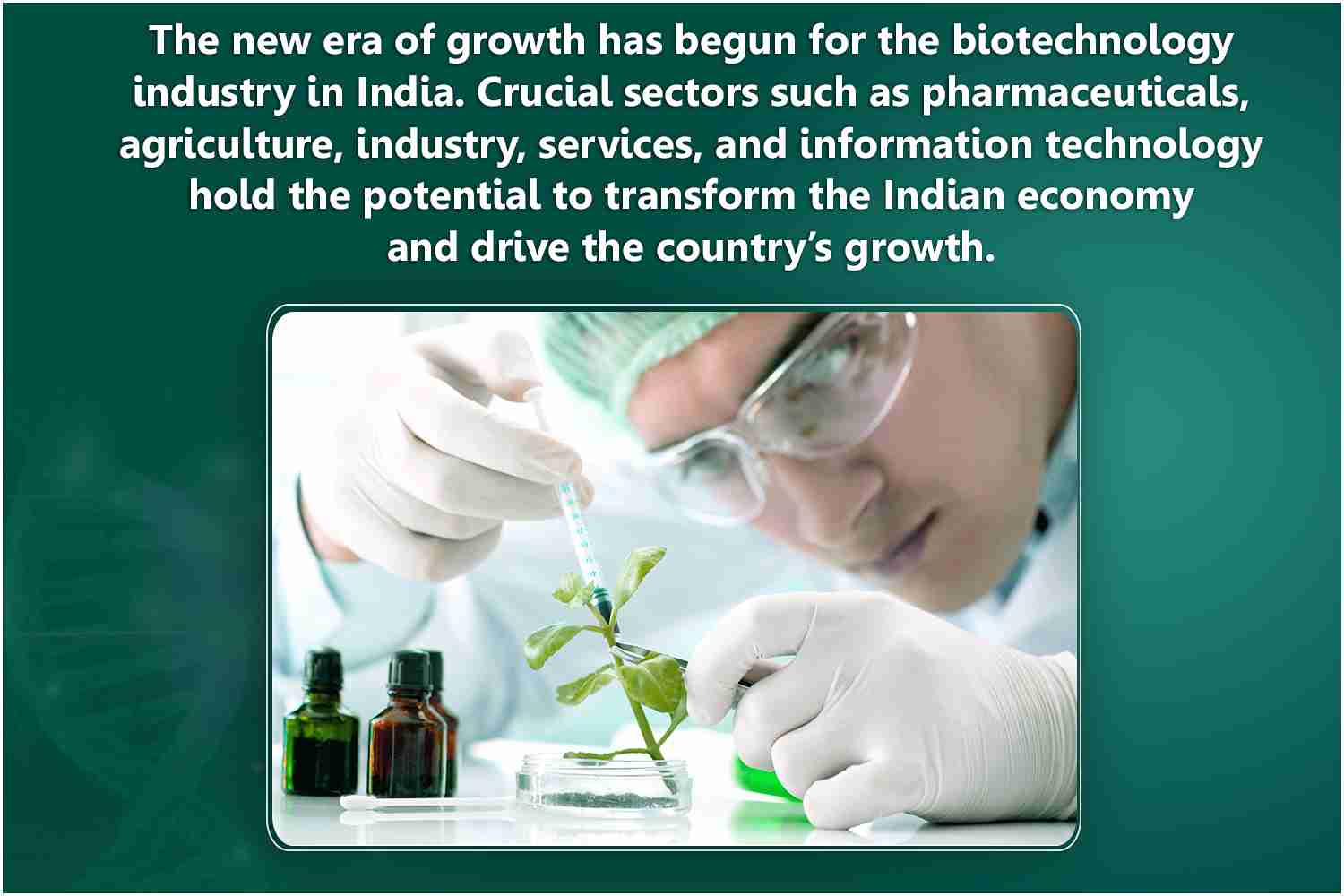
Two fields where it is thought that the future of biotechnology will play an important role are industrial biotechnology, which is also referred to as white biotechnology. This field is concerned with using biotechnology to transform industrial processes and, in the process, create biobased products as well as materials. The advancement in the general application of biotechnology in industries will continue to focus its efforts on the use of enzymes and microbes, among other biological systems, to develop enhanced production procedures. This is in the production of such items as biofuels for lighting instead of petroleum products, biodegradable plastics, and other renewable products. In addition, industrial biotechnology is seen to positively impact reductions of energy consumption and emissions of greenhouse gases, therefore enhancing the fight against global warming. With the industries moving towards enhanced sustainability in operational processes, the future of biotechnology holds the key to economic prosperity with the least harm to the environment. Bio-based industries may also contribute to the economic value, but their contribution is important in encouraging the development of a circular economy with little or no waste.
Conclusion
In conclusion, one can claim that biotechnology holds a great opportunity to offer solutions to some of today’s problems within the sphere of socio-economics in the future. Hence there is a vast scope for such a field to revolutionize society in every possible way, from revolutionizing the system of healthcare with precise medicines right down to revolutionizing agriculture by eradicating global hunger with agricultural biotechnology. Using biotechnology to manage the environment improves our capability of handling our resources and shapes the acts that affect our environment to climate change, On the other hand, applying biotechnology in industrial processes opens new opportunities for economic development. As is the case with all potentially great technologies that can enhance the quality of human life, efforts should be made to extend biotechnology applications in line with focusing on their correct usage to actualize that end. Biotechnology being an advanced area of technology has the potential not only for technology but for both concept and implication as a symbol of biology for constructing the next generations of a healthy sustainable world.

